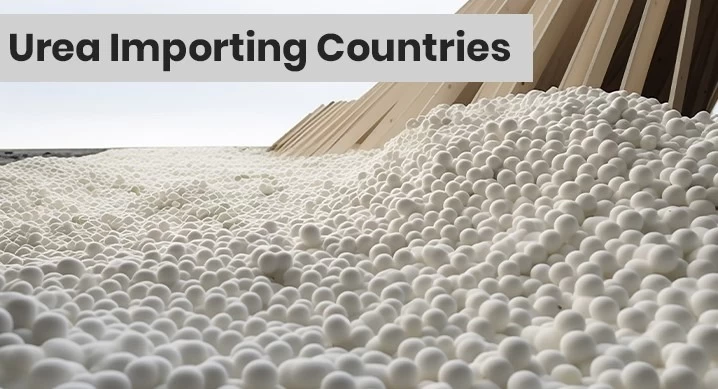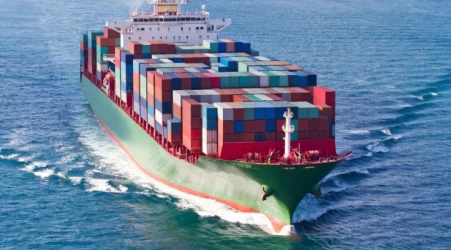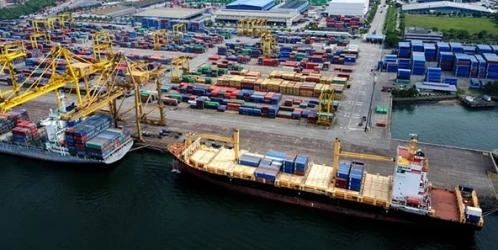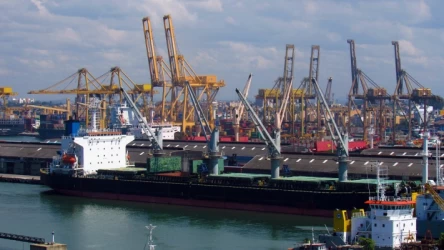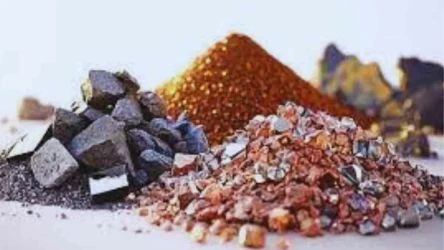Trade Guide with Iran: Import of Urea
Urea, a nitrogen-rich compound, is a cornerstone in both agriculture and industry. As a key fertilizer, it plays a crucial role in enhancing crop yields and supporting global food security. Iran, leveraging its vast natural gas reserves, has emerged as a significant player in the global urea market. This guide aims to provide a comprehensive overview of the import of urea from Iran, covering its production, export trends, and the strategic advantages that make Iran a key supplier.
Understanding Urea and Its Importance
Chemical Properties and Uses
Urea, chemically known as carbamide, is composed of carbon, nitrogen, oxygen, and hydrogen. Its high nitrogen content (about 46% by weight) makes it an ideal fertilizer, providing a readily available source of nitrogen to plants, which is critical for photosynthesis and growth. Beyond agriculture, urea is used in the chemical industry for producing plastics, resins, and adhesives. It also plays a role in the pharmaceutical sector, environmental engineering (particularly in reducing nitrogen oxide emissions), and even in cosmetic formulations.
Iran’s Urea Production
Natural Gas Reserves and Production Capacity
Iran’s urea industry is primarily driven by its abundant natural gas reserves, which are a key raw material for urea production. The country has invested significantly in its petrochemical sector, enhancing the capacity and efficiency of its urea production facilities. This strategic utilization of natural resources has enabled Iran to produce urea at competitive costs, making it an attractive supplier in the global market.
Grades and Types of Urea
Iran produces various grades of urea to meet different agricultural and industrial needs. These include prilled and granular urea, each with specific applications and advantages. Prilled urea is typically used in agriculture due to its ease of handling and application, while granular urea is preferred in industrial processes for its uniform particle size and higher density.
Export Trends and Global Market Impact
Export Growth and Market Share
Over the past decade, Iran’s urea exports have shown a substantial upward trajectory. The country has emerged as a key supplier in the international urea market, significantly impacting the dynamics of global fertilizer trade. In recent years, Iran’s urea exports have reached record highs, demonstrating remarkable growth rates and increasing competitiveness.
Factors Driving Export Growth
Several factors contribute to Iran’s impressive growth in urea exports:
- Abundant Natural Gas Reserves: These reserves enable cost-effective production.
- Government Support and Investment: The Iranian government’s support and investment in the petrochemical sector have bolstered production capacity.
- Geographical Advantage: Iran’s strategic location allows for convenient access to major markets in Asia, Europe, and Africa, reducing shipping costs and transit times.
Importing Urea from Iran
Regulatory and Compliance Considerations
When importing urea from Iran, it is essential to consider regulatory and compliance issues. Sanctions and trade restrictions can impact the import process, so staying informed about the latest developments in international trade policies is crucial. Importers should work closely with legal and trade experts to navigate these complexities.
Quality Standards and Certifications
Ensuring the quality of imported urea is vital. Iranian urea producers adhere to international quality standards and certifications, which guarantee the product’s purity and effectiveness. Importers should verify these certifications and conduct quality checks to maintain the integrity of their supply chain.
Logistics and Supply Chain Management
Efficient logistics and supply chain management are critical for the successful import of urea. Importers should establish reliable partnerships with shipping and logistics companies to ensure timely and cost-effective delivery. Understanding the nuances of Iran’s export infrastructure can also help streamline the import process.
Strategic Advantages of Importing from Iran
Competitive Pricing
Iran’s ability to produce urea at competitive costs translates into attractive pricing for importers. This cost advantage can enhance the profitability of agricultural and industrial operations that rely on urea.
Stable Supply
Iran’s robust production capacity and strategic investments in the petrochemical sector ensure a stable supply of urea. This reliability is crucial for importers looking to maintain consistent inventory levels and meet demand.
Geographical Proximity
For importers in Asia, Europe, and Africa, Iran’s geographical proximity offers logistical advantages. Reduced shipping times and costs can improve the efficiency of the supply chain and reduce overall import expenses.
Conclusion
Importing urea from Iran presents numerous advantages, from competitive pricing and stable supply to strategic geographical positioning. By understanding the intricacies of Iran’s urea production and export landscape, importers can make informed decisions that enhance their operations and contribute to global agricultural and industrial productivity.
For further details on specific import regulations, quality standards, and logistical considerations, importers are encouraged to consult with trade experts and stay updated on the latest market trends and policies.
if you have a specific question or need more details, Iran's logistics experts are your answer!

